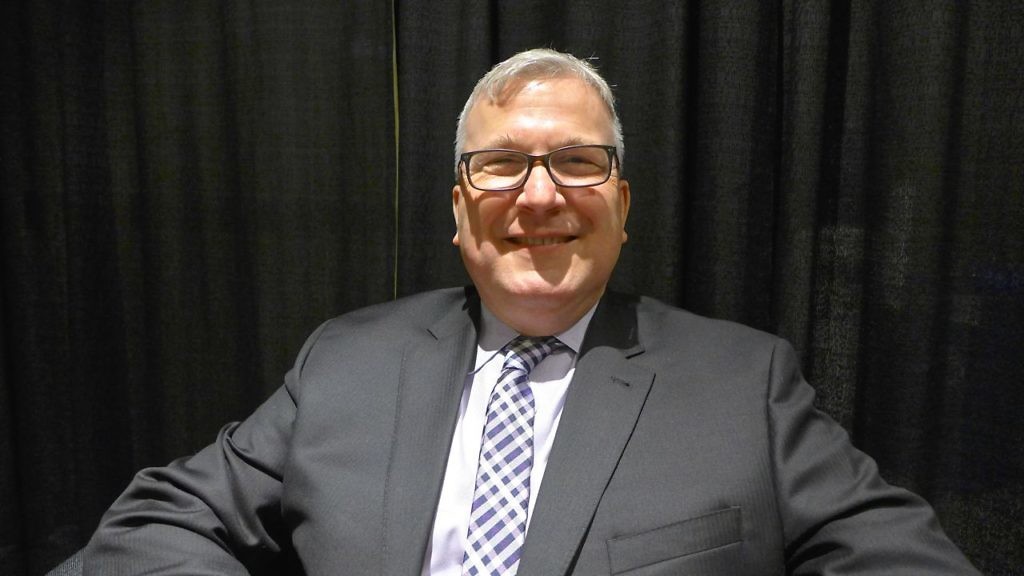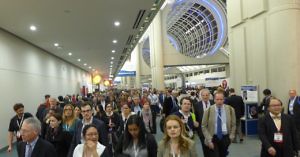Pillars of future strategies in tackling aggressive lymphomas

Are new pillars emerging in DLBCL?
It’s time to take a short break from the immunometabolism mini-series and turn our attention to aggressive lymphomas such as diffuse large B cell lymphomas (DLBCL).
This week heralded the latest AACR virtual meeting on Advances in Lymphoma in conjunction with iCML. There were plenty of science focused talks to listen to and learn from, including new developments in oncogenic targeting.
What if we can learn from what the patients underlying biology can teach us in terms of more rationally designed clinical trials?
We know these are diverse and heterogeneous tumours, but this doesn’t mean we can’t take a more precision medicine approach to treating patients. What can we learn from early trial readouts and genetic analyses?
It turns out, the answer is quite a bit and more information might be available at the forthcoming ASH meeting, so let’s look at what we can piece together from the available data now…
To learn more from our oncology analysis and get a heads up on insights and commentary emerging on aggressive lymphomas, subscribers can log-in or you can click to gain access to BSB Premium Content.
This content is restricted to subscribers
 In our latest company interview we continue our ongoing AACR series on various protein degraders and how they may be useful in hitting difficult targets where small molecule TKIs have struggled mightily for various reasons, which we discuss in detail.
In our latest company interview we continue our ongoing AACR series on various protein degraders and how they may be useful in hitting difficult targets where small molecule TKIs have struggled mightily for various reasons, which we discuss in detail.




